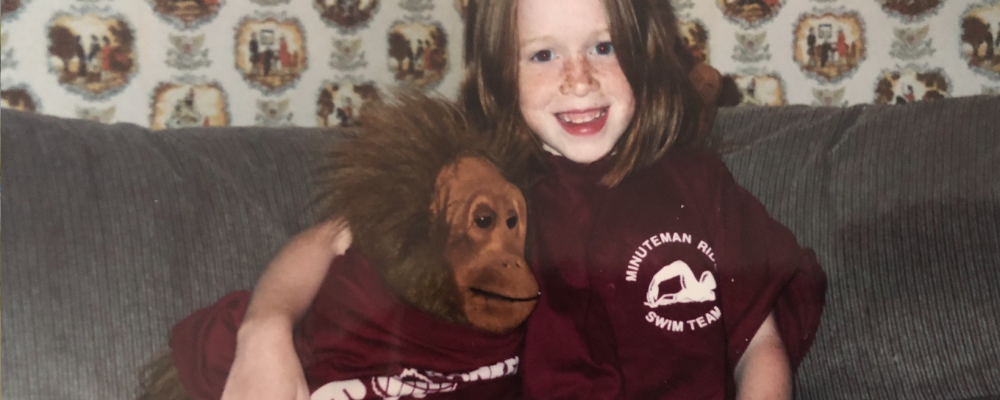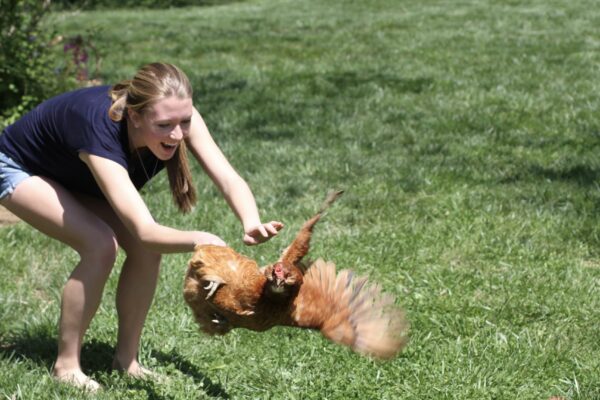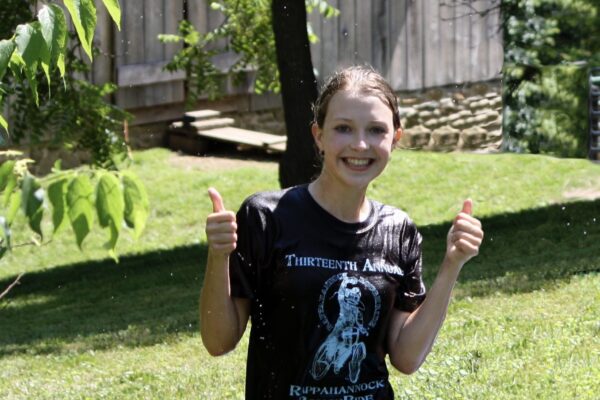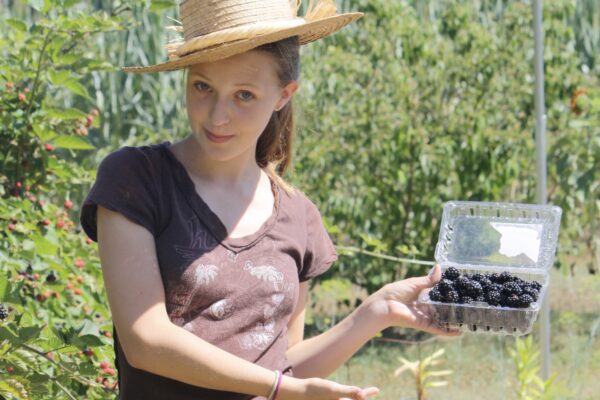Thank you to our dear friend, Lauren Dunn, for today’s post about love, education, and action!
My love for orangutans predates memory. I’ve been told that my grandparents had a stuffed animal that was bigger than me at the time that I used to tote around the house every time I visited. What I do remember is that highly underrated film “Dunston Checks In” (cinematic gold, if you haven’t seen it) came out when I was 8, and around that same time I sold all my worldly possessions at a garage sale to save up the $20 I needed to purchase my very own stuffed orangutan at Sears. I named him “Big Guy” (as you do) and we were pretty much inseparable until I left for college.
So first came love, then came education. Orangutans were the subject of my school projects: the 3rd grade storybook “How the Orangutan Got Long Hair,” the 4th-grade “dream house” project (mine was a tree house so I could share my space with my spirit animal). I even cried when we did the Rainforest Unit and I was assigned to study the loris (my teacher thought it would be healthy for me to learn about another animal). Of course, it wasn’t long before I was actually doing substantive research on orangutans and inevitably learned that their very existence is in peril.
Orangutans only live on two islands in the world – Sumatra and Borneo. These two islands also happen to be some of the largest palm oil producers in the world. Farming palm oil requires—you guessed it—cutting down incredibly diverse, old-growth rainforest where orangutans live and replacing it with single-crop farmland as far as the eye can see. Driven by growing global demand for the crop to make everything from lipstick and soap to ramen noodles and ice cream, palm oil farms are expanding at an exponential rate. Both Bornean and Sumatran Orangutan populations are critically endangered and have declined by 82% and 80% respectively in the past 75 years. You can read about their plight and how to help here (cute pictures included).
I didn’t fall in love with orangutans because I was an environmental activist. I became an environmental activist because I realized the thing I’ve loved since I was a toddler depends on a healthy planet to survive. What are you passionate about? Chances are it does too.





